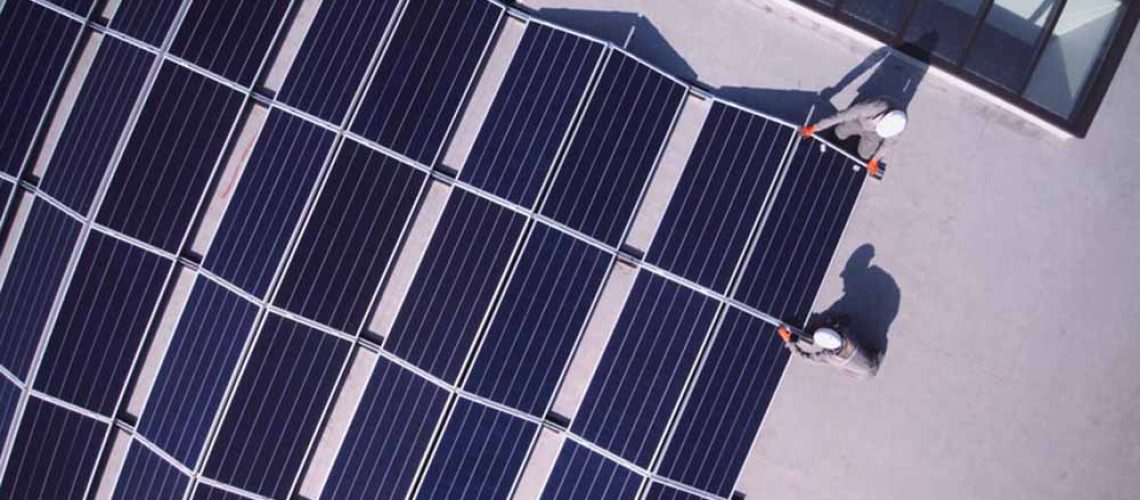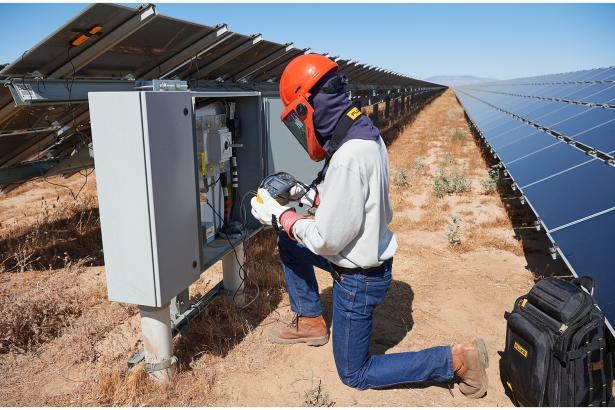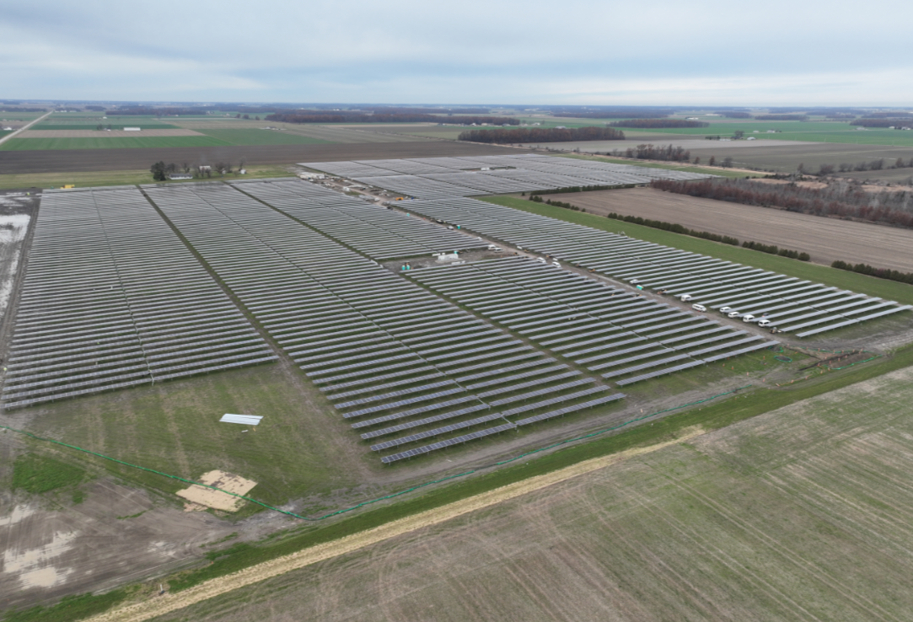The U.S. Department of Commerce stated unequivocally that companies assembling solar modules outside of southeast Asia were not part of the recent circumvention ruling.
On December 19, 2022, the U.S. Department of Commerce released clarification that its recent, nuanced ruling only applies to companies that are manufacturing solar modules in Cambodia, Malaysia, Thailand, and Vietnam. The opinion was found in a memorandum titled “Clarification of Product Coverage” in reference to Docket Number A-570-979.
The request for clarification, initiated by Maxeon Solar, applies to all businesses based outside of these four countries, including those that use solar wafers and cells originating in China. In short, the clarification reaffirms that companies manufacturing solar panels outside of the four southeast Asian countries were not analyzed in the Department of Commerce’s original ruling, and are not affected by the initial anticircumvention ruling.
The opinion was sought, in part, because companies that were not specifically named in the original ruling, or those that did not provide information to the Department of Commerce during the research period, were looking for explicit answers as to their status. Some companies that had failed to provide information had been given an “adverse facts’ determination, which carries a very high – business killing – import tariff.
Maxeon is internationally located, but significantly Chinese owned and controlled. The company sources its solar cells from southeast Asia. They’ve announced new US capacity, and are currently manufacturing panels in Mexico. They recently won a deal to deliver nearly 1 GW of modules to the Gemini Solar Project.
The Department of Commerce reiterated from their original ruling:
“These circumvention inquiries cover certain solar cells and modules that have been completed in Cambodia, Malaysia, Thailand, or Vietnam, using parts and components from China, as specified below, that are then subsequently exported from Cambodia, Malaysia, Thailand, or Vietnam to the United States (inquiry merchandise).”
The document makes it clear that this ruling is specifically focused on solar modules manufactured in these four countries. However, the Department of Commerce notes that the broader, original case from 2012 includes all solar cells made from Chinese solar wafers. That case is still in effect.
One could have expected the Department of Commerce’s clarification to be circumspect, since its initial ruling was very specific.
The department’s ruling on subcomponents seems to have somewhat shifted in its policy, allowing for the import of a new non-tariffed product class. This new class is, apparently, modules built using China-origin solar cells, assembled with at least three subcomponents originating from outside of China. The list of subcomponents includes silver paste, aluminum frames, glass, backsheets, ethylene vinyl acetate sheets, and junction boxes.





